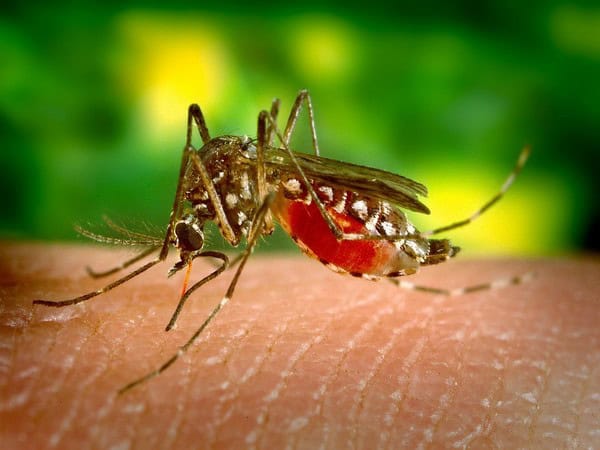Washington: It has come to light that transfer of molecules from mosquito genes may hold the key to the spreading of dengue fever, among other diseases.
Researchers from the University of Missouri in Columbia have found links between genetic molecules in mosquitoes and dengue fever. They believe that control over fragments of transfer RNA molecules may halt the spread of deadly fever.
Conducted by Susanta K. Behura and his team, the study could lead to breakthroughs in combating destructive tropical diseases like dengue fever, Zika virus and yellow fever.
A single species of mosquito, Aedes aegypti, was the focus of the research. They believed that it is the key player in the spread of such diseases in animals and humans around the world.
According to the Centers for Disease Control and Prevention, an estimated 2.5 billion people reside in places where it’s possible to contract dengue fever.
According to the world Health Organisation, “Of all disease-transmitting insects, the mosquito is the greatest menace”.
Behura, an assistant research professor in bioinformatics and computational biology in the Division of Animal Sciences, said, “Given the widespread global distribution of the Aedes aegypti mosquito, we estimate over 40 percent of the world’s population is at risk from dengue”.
She noted that since the study has been completed, it could be used to precisely modify the genetic material of mosquitoes and preventing them from spreading diseases to humans.
Recent research has shown that fragments of transfer RNA (tRFs), small sections of RNA that can regulate gene expression, play a role in development of disease which promted Behura to collect samples from mosquitoes around the world.
Behura added, “We do not have vaccines for all the different viral diseases caused by this mosquito”. She further noted that the best way to fight these mosquitoes is to control them and modify them, hence making them incapable of spreading the disease. (ANI)

